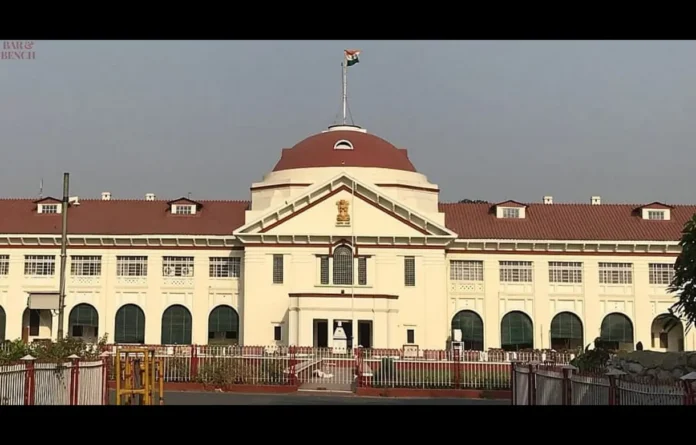The Patna High Court has observed that
the Bihar Prohibition and Excise Act, 2016, which was passed with the objective of improving public health, instead, gave rise to unauthorised trade of liquor and other contraband items in the state.
The single-judge Bench of Justice Purnendu Singh noted that the legislation found itself on the wrong side of the history for several reasons.
Coming down heavily on the state government officials, the High Court said the Act was liked by not only the Police and Excise officials, but also by officers of the State Tax department and the Transport department as it meant big money for them.
Quashing a demotion order issued against a police inspector on the ground that he was negligent in implementing the prohibition law, the Bench noted that the police were working in tandem with liquor smugglers and the poor were bearing the brunt of the law.
The Bihar government enacted the law in April 2016, prohibiting the manufacture, trade, storage, transportation, sale, and consumption of liquor in the state.
However, despite stringent provisions of the Act, Bihar has witnessed illegal transport of liquor and also registered several hooch-related deaths in the past eight years.
A writ petition was filed by Mukesh Kumar Paswan, the station house officer (SHO) at Patna Bypass police station, who was suspended after Excise department officials found foreign-made liquor in his possession during a raid.
Passenger was demoted in 2020 following a general directive issued by the state government.
The High Court said that a few cases were registered against the kingpins or syndicate operators involved in liquor smuggling, compared to the vast number of cases against the poor who consumed liquor or fell victim to hooch tragedies. Largely, it was the poor of the state who bore the brunt of this Act.
It said Article 47 of the Constitution mandated the duty of the State to raise standards of living and to improve the public health at large and the Bihar Prohibition and Excise Act, 2016, was enacted with this objective. However, for several reasons, it found itself on the wrong side of the history.
The lives of the majority of the poor section of the state facing the wrath of the Act were daily wagers, who were only earning members of their family, it said.
It further said the Investigating Officer in the case did not offer any documentary evidence to substantiate the allegations made by the prosecution against the accused SHO, adding that the liquor mafia also went scot-free due to want of evidence.
The single-judge Bench annulled the entire departmental proceedings initiated against the petitioner, stating that this form of punishment was predetermined, which reduced the entire departmental proceedings to a formality.


